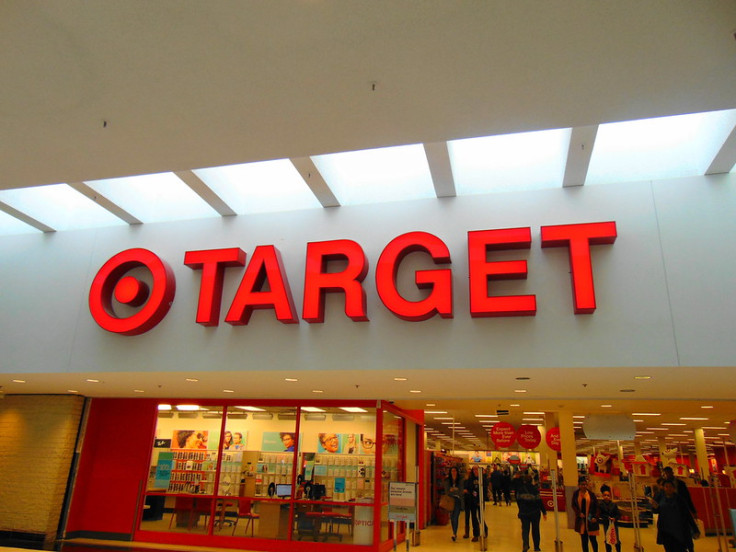
The once-celebrated partnership between US retail giants Target and Ulta Beauty is set to end in August 2026, following mounting internal tensions, operational challenges, and a surge in retail theft that employees claim reached thousands of dollars per store each month.
While the collaboration was initially hailed as a strategic move to bring prestige beauty to mass-market consumers, cracks began to show well before the official announcement of its termination.
A Glamorous Launch Turns Gritty
Launched in 2021, the shop-in-shop concept saw Ulta Beauty concessions installed in over 600 Target stores across the United States. The goal was to offer customers access to high-end cosmetics and skincare brands, while boosting footfall and sales for both retailers. At its peak, the partnership was expected to expand to 800 locations.
However, by early 2025, Ulta CEO Kecia Steelman confirmed that expansion plans had been paused, citing a need to 'leverage the learnings' from existing stores and 'unlock value' for both companies.
Behind the corporate gloss, employees were already voicing concerns about theft, understaffing, and poor customer experience.
Shoplifting and Shrinkage: The £10k Problem
One of the most damning revelations came from Target employees posting anonymously on Reddit. Several claimed that theft at Ulta shop-in-shops was rampant, with one stating: 'I could be wrong, but at least $10k a month in theft.'
Unlike other high-value items in Target stores, Ulta products were often left unsecured and accessible via self-checkout. This made them easy targets for shoplifters, especially in stores with limited staffing.
Some locations resorted to stanchion barricades and retractable belt barriers to control access, but these measures were inconsistent and often ineffective.
Retail analysts have long warned that shrinkage, which refers to inventory loss resulting from theft or error, is a growing problem for US retailers.
Target CEO Brian Cornell acknowledged this in a May earnings call, stating: 'We've got to continue to make progress with shrink. Those are fundamentals each and every day that are embedded in our business.'
Staffing Strains and Operational Disconnect

Beyond theft, employees cited chronic understaffing as a significant issue. Ulta-branded areas were supposed to be staffed by dedicated Target employees wearing black aprons, but many were frequently reassigned to other departments. One Redditor claimed: 'We would all get scheduled under Ulta hours and none of us would actually be in there.'
This lack of consistent staffing led to messy displays, poor customer service, and a diminished brand experience.
Retail analyst Neil Saunders described the Ulta sections as grotty and 'sad-looking' in some stores, likening the overall shopping environment to a 'tired, tatty thrift-store.'
The Split: A Strategic Recalibration
In August 2025, both companies announced they would not renew their partnership when the current agreement expires in August 2026. The decision was described as mutual, with Ulta stating it would refocus on its core business and international expansion, while Target pledged to continue offering beauty products through other channels.
Ulta's chief retail officer, Amiee Bayer-Thomas, said: 'Our partnership with Target was one of many unique ways we have brought the power of beauty to guests nationwide.'
Despite the diplomatic tone, analysts suggest the split is more beneficial to Ulta than Target. Forbes reported that Target has faced ten consecutive quarters of flat or declining sales, with foot traffic down 4% in Q1 and 3% in Q2 2025.
Ulta, meanwhile, has seen a modest sales boost since initiating its turnaround plan earlier this year.
What It Means for Shoppers
For customers, the end of the partnership means that prestige brands once available in local Targets will return to being Ulta exclusives. Target, meanwhile, faces the dual challenge of tackling theft and reinvigorating its wider beauty offering.
What began as a glittering experiment in retail synergy now serves as a cautionary tale of how lofty ambitions can unravel when execution falters — and when shrinkage and staffing shortfalls prove too costly to ignore.







